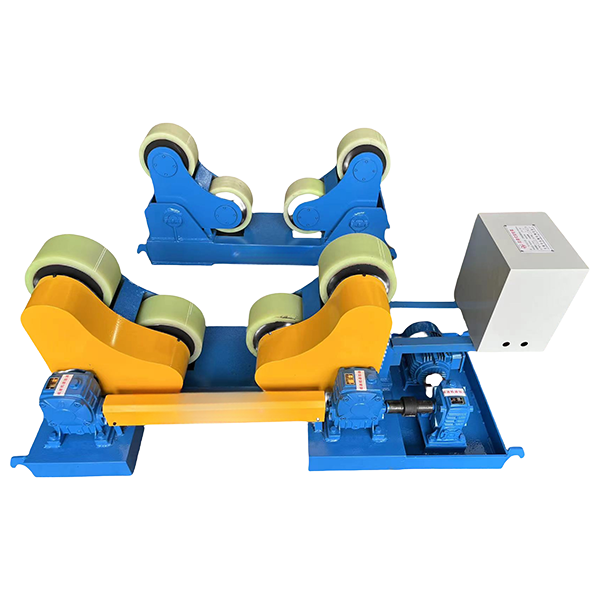When it comes to maintaining the performance of a chainsaw, one of the most critical aspects is the sharpness of its chain. A sharp chain not only enhances cutting efficiency but also prolongs the lifespan of the tool. While traditional manual sharpening methods have been the go-to for many woodworkers and arborists, the advent of electric chainsaw chain sharpeners has sparked a debate: do these devices truly deliver on their promises? In this article, we will delve into the mechanics of electric sharpeners, their advantages and disadvantages, and ultimately answer the question: do electric chainsaw chain sharpeners work?
Understanding Electric Chainsaw Chain Sharpeners
Electric chainsaw chain sharpeners are designed to automate the sharpening process, making it quicker and more efficient than manual methods. These devices typically consist of a motorized grinding wheel that rotates at high speeds, allowing users to sharpen multiple teeth in a fraction of the time it would take using a file or manual sharpener.
There are two primary types of electric sharpeners: bench-mounted and handheld. Bench-mounted sharpeners are stationary and provide a stable platform for sharpening, while handheld models offer portability and convenience for on-site sharpening. Both types are equipped with adjustable settings to accommodate various chain sizes and tooth configurations.
Advantages of Electric Chain Sharpeners
- Speed and Efficiency: One of the most significant advantages of electric sharpeners is their ability to sharpen chains quickly. A skilled user can sharpen a chain in just a few minutes, compared to the time-consuming process of manual sharpening.
- Consistency: Electric sharpeners provide a level of precision that is often difficult to achieve with manual methods. The motorized grinding wheel ensures that each tooth is sharpened uniformly, resulting in a more consistent cutting performance.
- Ease of Use: For those who may not have the experience or skill to sharpen chains manually, electric sharpeners simplify the process. Most models come with clear instructions and require minimal setup, making them accessible to users of all skill levels.
- Reduced Physical Strain: Manual sharpening can be physically demanding, especially for those who frequently use chainsaws. Electric sharpeners reduce the need for strenuous hand movements, making the process less taxing on the body.
Disadvantages of Electric Chain Sharpeners
- Initial Cost: Electric sharpeners tend to be more expensive than manual options. For occasional users or hobbyists, the investment may not be justified, especially if they can achieve satisfactory results with a manual sharpener.
- Learning Curve: While electric sharpeners are generally user-friendly, there is still a learning curve involved. Users must familiarize themselves with the machine's settings and operation to achieve optimal results.
- Risk of Over-Sharpening: One of the potential pitfalls of using an electric sharpener is the risk of over-sharpening. If not used correctly, the grinding wheel can remove too much material from the chain, leading to a shorter lifespan and compromised performance.
- Dependence on Power: Electric sharpeners require a power source, which can be a limitation in remote locations or during power outages. This dependency may not be ideal for users who need to sharpen their chains in the field.
Do Electric Chainsaw Chain Sharpeners Work?
The answer to this question largely depends on the user's needs and preferences. For professionals and frequent users, electric chainsaw chain sharpeners can be a valuable investment, providing speed, efficiency, and consistent results. They are particularly beneficial for those who need to maintain multiple chains regularly.
However, for occasional users or those who prefer a more hands-on approach, manual sharpening methods may suffice. The effectiveness of either method ultimately hinges on the user's skill level and the specific requirements of their chainsaw tasks.
Conclusion
In conclusion, electric chainsaw chain sharpeners do work and can significantly enhance the sharpening process for many users. They offer a blend of speed, efficiency, and precision that can be particularly advantageous for professionals and avid woodworkers. However, potential buyers should weigh the initial cost, learning curve, and their specific needs before making a decision. Whether you choose an electric sharpener or stick with traditional methods, maintaining a sharp chain is essential for optimal chainsaw performance and safety.

